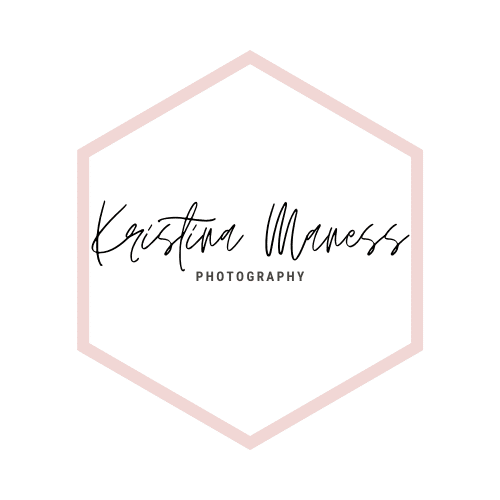
Recently Facebook made headlines when they announced a rebranding to Meta. For many business owners, the whims of tech companies can be difficult to navigate. Luckily, I dove in so you don’t have to! What does this rebranding mean for your business? Read on for my top takeaways.
First things first: What is Meta?

Through acquisitions like Instagram and WhatsApp, Facebook Inc. has grown beyond its namesake social media platform. The company’s chairman and CEO, Mark Zuckerberg, is quick to point out that the name Facebook has not represented the breadth of the company’s work for some time now. Thus, the rebrand.
Meta – a Greek prefix meaning “beyond” – is short for metaverse, a term many experts are using to refer to the next iteration of what we currently know as the internet.
As a company, Meta will continue to support its current social media platforms while also focusing on building the metaverse. This will likely include new digital environments, such as virtual reality and augmented reality. The concept can be difficult to describe because it doesn’t exist yet: metaverse in its current state is a vision and the impacts of these shifting technologies will be unknown for quite some time. Still, business owners can begin to adapt their marketing for the future.
Up Next

In the short-term, the impacts will be minimal: The rebranding messages say individual platforms will keep their names and functions. This means you can (and should!) continue to invest in tried and true marketing strategies.
These platforms are highly visual and business photography will continue to be a key driver of marketing for the foreseeable future. Keep sharing those product photos on your business’ Instagram feed and highlighting your staff with some bangin’ corporate headshots!
Down the road

The company has signalled a plan to unify accounts and make it possible to use their technologies without social media. I think it’s entirely possible that this will shift some demographics and markets we currently see on Facebook and Instagram to other platforms.
It is also very possible this move will be announced with a new digital platform. My advice? Stay in tune with your target markets and be agile as new technologies emerge. I don’t anticipate the next becoming any less visual, making brand photography more important than ever.
Far, far away

Now for the really fun part! Virtual and augmented reality technologies are a long way off from being embedded into our everyday lives, but Meta believes they are a crucial component of the metaverse.
What does this mean for your business? A key part of your branding will need to focus on experience. These technologies will make it possible for potential clients to experience your products and services in a way that they never have before. Gives a whole new meaning to try before you buy, right? The branding of the future will need to immerse your clients – what will your services look like for their business? How does trying your product make a customer feel? You can start doing the leg work now to be ready for the shift to VR marketing.
What are your thoughts on the metaverse? Let me know on Instagram: @kristinamaness
